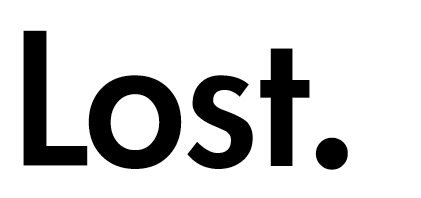“When we’re first betrayed by someone we relied on to love and protect us, we may be frightened by our own rage. Years or even decades later, we may be frightened of letting go of that anger. We may resist moving forward because we are not yet ready to detach from our suffering.” – Harriet Lerner
In May of 2017, my relationship of two years began disintegrating. Less than two months later, the additional misunderstanding resulted in a total relationship collapse, leaving me bewildered and incredibly hurt. The confusion, anger, and anxiety that resulted are feelings that I would not wish on anyone.
Since that time, through exhaustive research I’ve learned that relationships where ADHD is present start off incredibly strong with considerable potential (due primarily to a condition known as “hyperfocus”), only to end up, if left unchecked, in a state of confusion and resentment. It’s a unique and terrible contrast.
All relationships incur minor “ruptures,” but if the damage is genuiely addressed, these ruptures eventually heal themselves. However, when ADHD is involved, the damage is consistent, yet the repair mechanisms are few and far between. Words are rarely if ever, followed by necessary action.
This lack of attention, both in the true meaning of the phrase, and as it relates to relationship “repair,” results in the inability for the non-ADHD partner to place trust in his/her partner, and to the relationship as a whole. When disorganization and impulsivity are added to the mix, trust erodes further and eventually becomes impossible to rebuild.
What is ultimately left, at least for me, is a deep feeling of betrayal. Lack of repair and attention to address the problems at hand resulted in an unfortunate tipping point. Ghosting was a surprising, and painful add-on.
I started this post with Harriet Lerner’s quote because I am only starting to recognize why I feel the way I do. Feelings of anger and resentment cannot be harbored forever. It’s exhausting, incredibly unproductive, and emotionally blocking.
“[People] rely on this emotion to preserve the very dignity and integrity of the self. Anger is not a “bad” or “negative” emotion. It can take great courage to acknowledge and express anger. But it requires just as much courage to free oneself from the corrosive effects of living too long with anger and bitterness—a challenge that may include forgiveness but does not require it.” – Harrier Lerner
It has taken me a long time to identify these feelings and begin to come to terms with what happened, both during the relationship and its unfortunate and painful end.
I have no plans to forgive, but I am ready to begin closing this chapter to allow someone better into my life.
